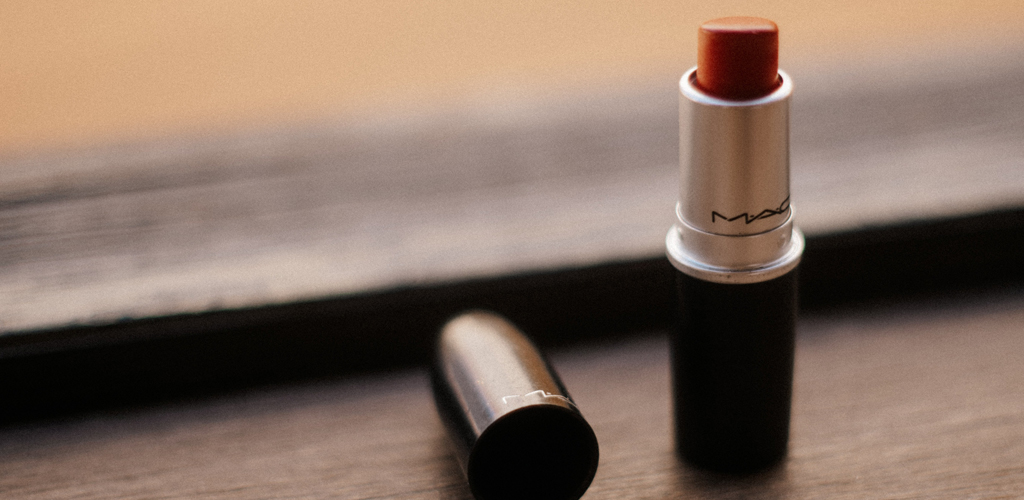I rub my finger over your hand as you stare blankly downwards. Your skin is much rougher now than it used to be, mottled and calloused. I frown as I examine the folds in your palm. I can still see, faded now, the slash right across the heart line where you cut yourself wide open chopping vegetables. We had to dash to the hospital, me driving, panicked, you with the red and white tea towel wrapped around your hand, blood seeping through and into the fabric of the car seats. We never did get the stains completely out.
Folds can hide stories, but also secrets. Like the time, only a few weeks after our hospital trip, when the stitches were still fresh, you left your shirt folded neatly in the wash basket, instead of in a crumpled heap like normal. Did you really think I wouldn’t be curious about that? I unfolded it and – so cliché – there was lipstick on your collar. Crimson. Not a shade I ever wore. You stammered apologies and never-agains and told me it was Jean from your office at the Christmas party, that nothing really happened, that she was nothing to you, that it was me you loved. I had to let it go in the end. I was young, I was pregnant but, most of all, I loved you. Was it really never again? I never knew. There were times you had to work late unexpectedly or go on last-minute business trips, but I never had any proof, only suspicions, which I eventually tucked away in a box in my head and never opened again.
But I still love you, Paul, even if, now, you don’t remember me. There’s been no semblance of recognition in your face for two or three years. I look at you again. You’re rake-thin, with cavernous wrinkles and bags upon bags drooping beneath your eyes, but your good looks are still there, hidden beneath the surface. I talk to you, at you, really, but you don’t respond. You never do. I talk about what I watched on television last night. I talk about politics, which used to be a surefire way to get you riled up. It doesn’t now. I talk about my book group. I don’t talk about Donald, the widower who runs it, and how I think I could make something happen between us if I wanted to, but I won’t. For better or worse, until death do us part. I took that seriously. I talk about how our grandkids are doing at school. You used to joke that I talked enough for both of us. Now I have to do just that, otherwise there’s only silence.
A nurse catches my eye. Visiting time is over. As always, I lean forward to give you a kiss, first on your cheek, then the scar on your hand. Then, a miracle. Somehow, something awakens in you. Your head raises and you turn to face me. You stare at me and right there, in the light in your eyes, is the man I always loved, suddenly, impossibly, returned to me. It’s like being swept back in time to when we used to sit together at our tiny dining table in our first flat and just gaze at each other. Your dry lips part and you say the first word I’ve heard from you in years, and it’s: ‘Jean?’
The box springs violently open. Its contents scatter.
‘Jean?’ you say again. I can’t look at you, in fact, I can barely breathe, so I stare downwards instead and see I’ve left a lipstick mark on your hand. I tried a new brand today. Ruby red, as usual, but somehow the overhead lighting has made it appear crimson.
I force myself to regain some composure, to lock my gaze with yours.
‘Yes,’ I reply. What else can I do? ‘Yes, Paul. It’s Jean. I’m here.’
You slowly form a smile. The wider it becomes, the more my heart breaks.
…
Biography
David Cook’s stories have been published in Ellipsis Zine, Janus Literary, Fictive Dream and many more. He’s a Best of the Net and Pushcart Prize nominee. He lives in Bridgend, Wales, with his wife and daughter. Say hi on Twitter @davidcook100.
Image: unsplash.com





